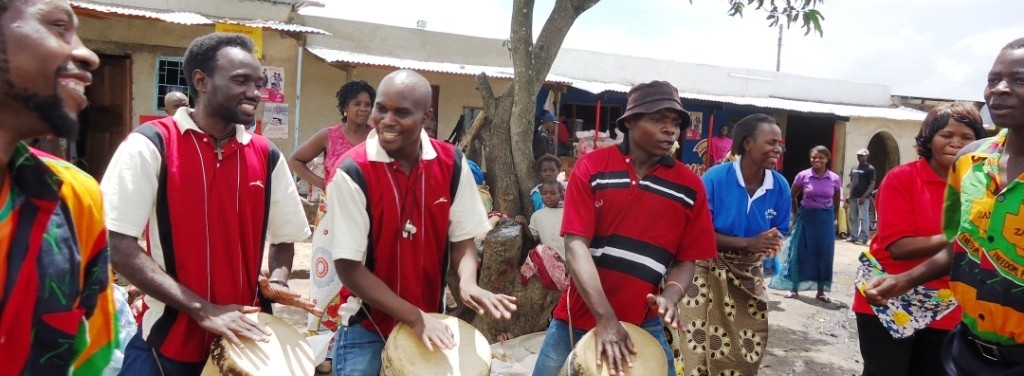Zimbabwe suffered many years of political upheaval that has left thousands of people in desperate need and the country’s health system in a state of collapse. At the same time, the HIV/AIDS epidemic swept across Southern Africa.
HIV co-infection is present in 68% of Zimbabwe’s TB cases, yet the national government funds only 7% the nation’s required TB budget. Though the international community funds a further 60% of the budget, the rest remains unfunded.
Action on TB-HIV
Our TB-HIV in Chimanimani and Mutasa programme runs in two districts where rates of diagnosis and treatment of TB and HIV are low, even by Zimbabwe’s standards. Using a model developed in-line with the WHO’s ENGAGE-TB approach; which calls for the integration of community-based TB and HIV services; the project aims to turn this situation around.
TB awareness saves lives
TB Alert supports the Murambinda Mission Hospital Tuberculosis Programme on an ongoing basis from 2002 . Although it has just 120 beds, the hospital is one of only two hospitals serving Buhera District in Zimbabwe’s vast Manicaland Province. The district is home to 200,000 people, the majority of whom earn a meagre living as subsistence farmers.
People in the Buhera district often have to travel great distances to get medical help. As a result, those with TB symptoms often delay seeking help until they are very ill, which also increases the risk of them passing TB on to others. Our TB training and outreach has helped people realise how important it is for them to seek help early, and complete their treatment.

